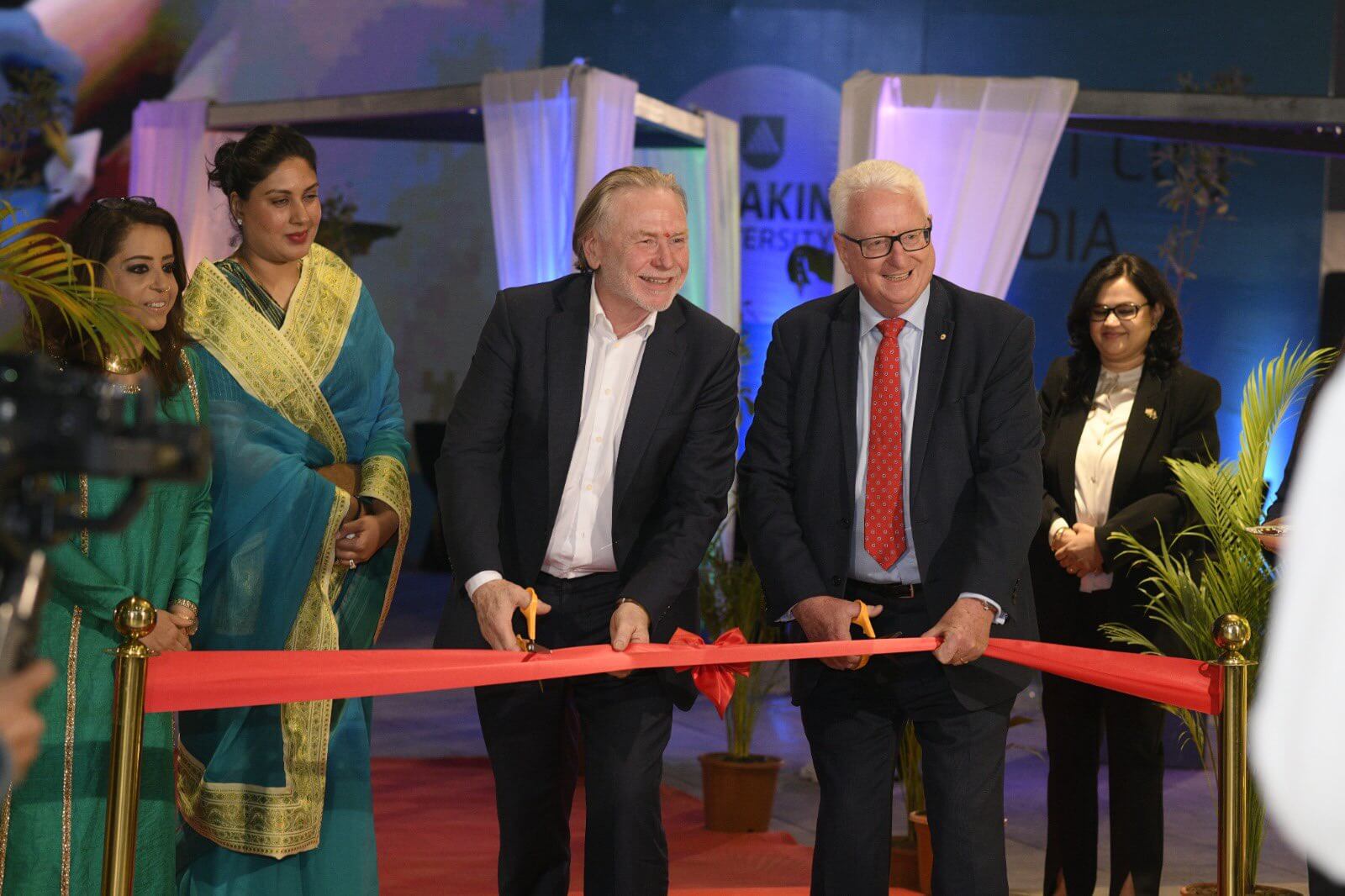In an interview with India Today, the Australian High Commissioner to India, Philip Green, said that with India becoming more confident than ever before, every country needs to be more interested in India.
Green highlighted that India-Australia ties are currently at an exceptional point, with PM Narendra Modi’s second term marking a new high in the relationship.
India “More Confident” Than Before
“I do see a more confident India, and Australia welcomes that. This is now the fifth biggest economy of the world, growing by more than 7% per annum,” Green said, reiterating recent remarks made by Indian External Affairs Minister (EAM) S. Jaishankar in Nigeria. The High Commissioner also commended India for having ties with powerful countries and hosting a successful G20 Summit.
"Australia is a vast continent with a huge amount of energy and resources that India needs to drive the next part of its growth," said @AusHCIndia in an #exclusive interview with India Today's @Geeta_Mohan #India #Australia pic.twitter.com/mTKgN86Lu3
— IndiaToday (@IndiaToday) January 23, 2024
Green held that, being a country that shares a democratic heritage and believes in a free and open Indo-Pacific, Australia has several reasons to engage with India at the moment. The envoy noted that India is a key partner for Australia in the Indian Ocean and the Indo-Pacific and appreciated the India-Australia economic cooperation.
Need for Stable Relationship with China
Highlighting that Australia is attempting to stabilise its relationship with China, Green said, “I don’t think there is a country on Earth that wants an unstable relationship with China.” He expressed that it is important to have dialogue with China to resolve bilateral issues and work through opportunities.
The envoy stated that dialogue and working within standard rules and norms are the right ways to deal with the India-China border dispute.
Quad and Indo-Pacific
Speaking on the delay in the Quad meeting, which was earlier scheduled for January, Green explained that the scheduling of the meeting was “entirely up to the PM of India.” Quadrilateral Security Dialogue, aka Quad, is a strategic security dialogue between India, Australia, Japan and the US.
Calling Quad “a very important deliverable” in the region, he said that Australian PM Anthony Albanese is deeply committed to the grouping, underscoring that the Quad’s development over the last four to five years has been “really dramatic.” Accordingly, Green held that the Quad is “a very powerful influence on the way in which the Arc of history of the Indo-Pacific will evolve.”
Australian Universities in India
Green highlighted that Australian universities are showing a lively interest in setting up campuses on Indian soil. Under the New Education Policy, the Indian government allows the setting up of foreign university campuses in the country.
Recently, Australia’s Deakin University became the first international university to unveil its campus in GIFT City in Gujarat’s Gandhinagar district. The University of Wollongong is also set to establish its campus in India in the coming months.
Khalistan Issue, Focus on Dignity of Indian Diplomats
Speaking on the Khalistan question, Green said that, as a country with a multicultural population with people, divisions of opinion in Australia are not unusual.
While supporting the democratic right to protest strongly, he assured that Australia is very focused on the security and dignity of Indian diplomats and their premises.
Comments on Graham Staines
Meanwhile, in another development, Green’s recent tweet on the 25th anniversary of the killing of Australian missionary Graham Staines and his sons in Odisha in 1999 has raised brows in India. According to news outlet ET, the Indian government is trying to understand the ‘motivation’ behind the statement.
This week marks the 25th anniversary of the deaths of Australian missionary Graham Staines and his sons in east India in 1999. We remember Graham’s selfless work with leprosy patients there.
— Philip Green OAM (@AusHCIndia) January 23, 2024
Staines worked in Odisha’s Mayurbhanj district, looking after leprosy patients and impoverished villagers for almost 35 years.
The missionary was burnt to death along with his sons by a mob led by Bajrang Dal’s Dara Singh, which accused them of ‘forced conversions.’ However, the Justice Wadhwa commission, which investigated the case at the time, refuted the claims, saying there was no evidence to back them.

